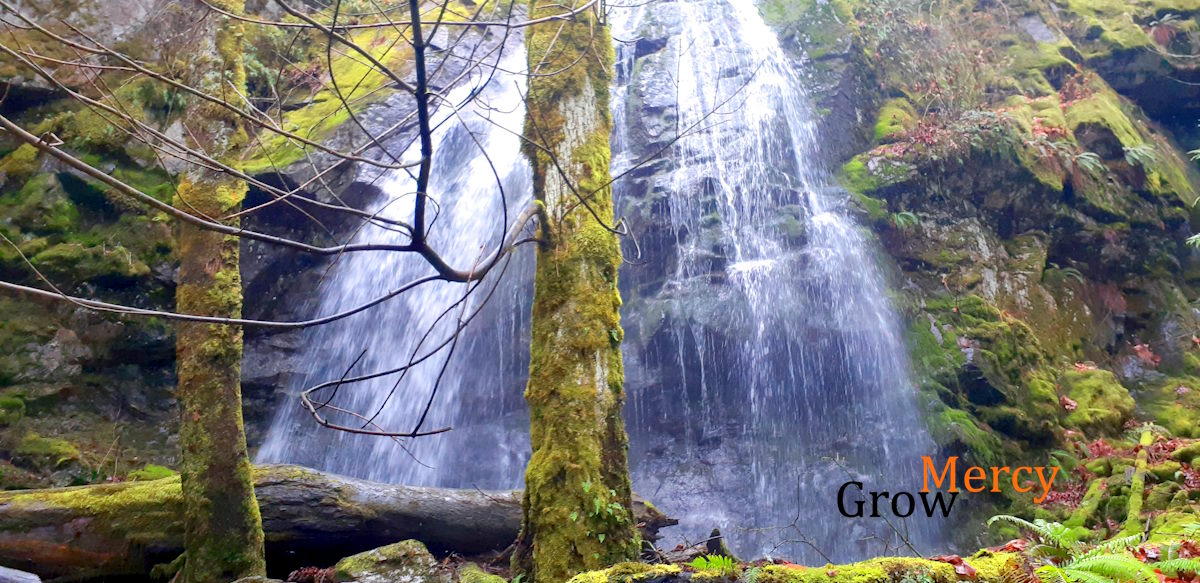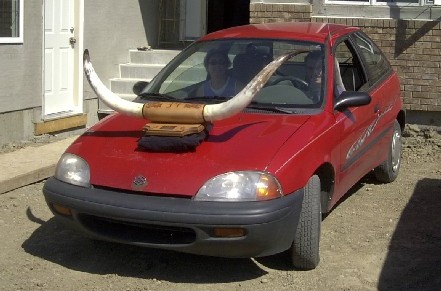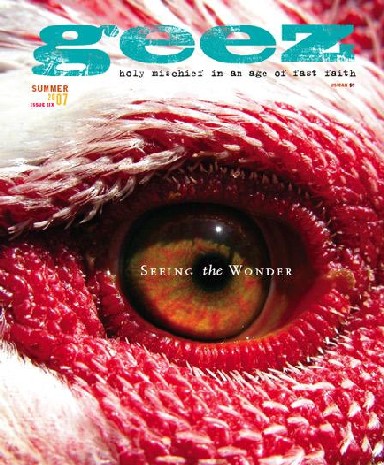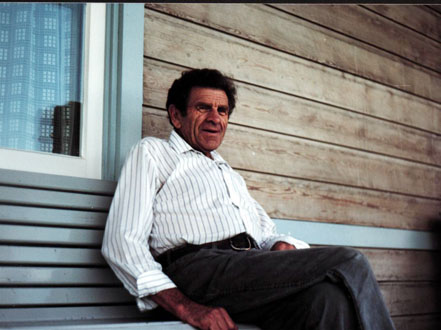Wish me luck. I’ve been asked, by my Dr.-brother Sam Berg, to take an hour this Monday to bring my slant on God Awareness and Benedictine Spirituality to a Spiritual Formation class at Briercrest College and Seminary.
I’ve done this before and I’m never comfortable. And, admittedly, I’m even less comfortable now. Added life experience has left me with fewer answers and some embrassement over past pronouncements.
But, at least the timing is interesting. Because recently a friend wrote to me explaining that her "faith-system" has crumbled.
 I’m thinking that she has had what Thomas Merton calls "a contemplative moment." That is, an experience or set of experiences that has exposed a disconnection between what she has, for years, theologically assented to, and her everyday life.
I’m thinking that she has had what Thomas Merton calls "a contemplative moment." That is, an experience or set of experiences that has exposed a disconnection between what she has, for years, theologically assented to, and her everyday life.
In other words, she is living through a kind of faith-vertigo that has showed up all kinds of spiritual clichés. Once comforting and seemingly solid, now quite hollow. And now comes the readying to recline in and with something else, something real. What that is, how that will come, is yet to be determined.
I remember having the prerequisites of Christian life down, and I did a good job carrying them out. But, as poet David Whyte has said somewhere, it was like, "part of me was imitating myself." This is a description of a heart unconvinced of real engagement and so it’s a heart on a collision course with the truth of life.
But the "contemplative moment," or moments, are not quasi-mystical-intellectual experiences. They come in and through the emotional mess of life. They are "rags of light," experienced on "broken hills."
And these "moments" reveal that life cannot be sustained by propositions, specifically Christian propositions. That propositions are lies if they lead. That propositions are only true as by-products of story, of narrative, and connect with truth only through ongoing existential verification.
It’s like Barbara Brown Taylor in her book Leaving Church says,
"Narrative is not a choice I make when it comes time to tell the truth; it is the way that truth comes to me–not in crisp propositions but in messy tales of encounters between people and people, between people and creation, between people and the Divine."
As a Christian, when Jesus becomes more artefact than present-story it’s time to stop.
When I can no longer locate my story among the "street people, hookers and bums," or more urgently and at least as profoundly, read my narrative as part of the lynch mob, corrupt corporate execs, scaly operatives, and suicide bombers, it’s time to stop.
Time to rekindle, if possible, a desire for connecting moments. This is apparently an answer, but really a non-answer.
Technorati Tags: Briercrest College and Seminary, Thomas Merton, Barbara Brown Taylor, Spiritual formation, Benedictine Spirituality, Christianity, David Whyte




